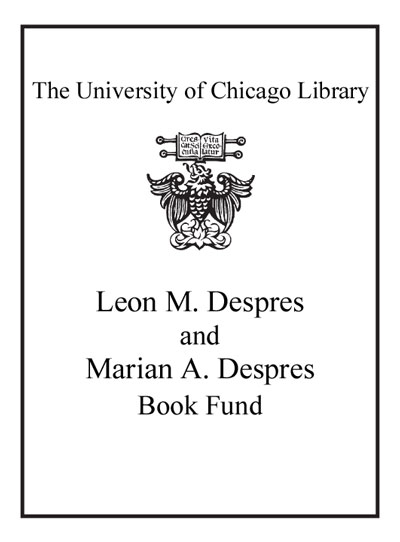| Summary: | "The history of building in London is both fascinating and remarkable. Today the City of London is still confined to a square mile enclave, as it was when its residents crossed the river to see Shakespeare's newest plays in Southwark. At that time, up the river was another city - Westminster, seat of the Royal Court, the Law Courts, and Parliament. Villages - such as Islington, Bermondsey, and Paddington - grew in the glow of these centers of prosperity and power. Within two hundred years, the two cities and their satellites fused together, making London the largest city on earth and the first to reach a population of one million." "In the nineteenth century, London's population grew to six million, and the building boom began. Poorer people and dirty industries congregated in the east while the better-off population lived and worked in the west. When train services made commuting possible, the new middle class settled in the leafier enclaves of Battersea, Pimlico, and Putney. The Victorians built edifices befitting the rulers of the world, the crown jewel of which was the new Houses of Parliament." "Bricks and mortar, "Tudorbethan" gables and faux-half timbers filled London throughout the first half of the twentieth century. Then, during World War II, German bombers laid waste much of the East End and Lambeth. Postwar London saw the arrival of the Modern Movement, the wholesale use of poured concrete, glass, and steel, as well as the high-rise. Now in the twenty-first century, London's architecture is as vibrant as ever; the last ten years have seen the building of many of London's greatest landmarks, including the Swiss Re-Headquarters, the London Eye, and the new Wembley Stadium." "Building London is a visual record of a remarkable story and details the relentless progress of building in London. We see, step-by-step, how the city was built and meet the great architects and engineers. We learn about where Londoners lived, how they were entertained, where they worked, shopped, and worshipped. The book is organized thematically and within that, chronologically, with rare images from the earliest days of photography as well as evocative and compelling photographs from the last one hundred years. All of London's iconic buildings are featured and extensively illustrated with extraordinary photographs from the vast archives of Getty Images."--BOOK JACKET.
|
|---|

